Newborn babies need to be vaccinated to get immunization from all the potential health risks. The same goes for animals. If you wonder if do rabbits need vaccines?
Yes, they, too, need to get vaccinated, especially those we have as pets. These vaccines are essential to protect these precious creatures from all the potential diseases that may cause health risks and suffering to them.
What are vaccines?
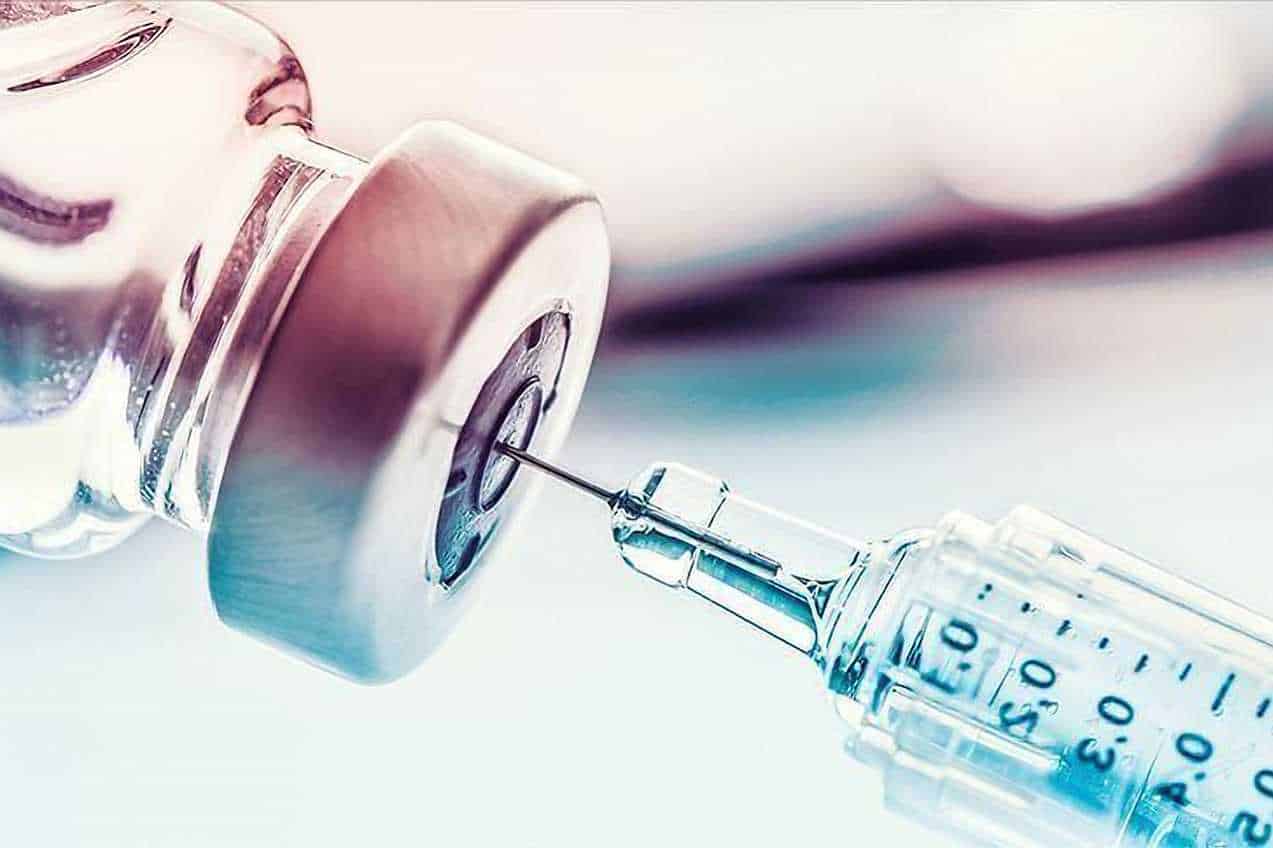
A vaccine is a substance in a syringe injected into humans, mostly on their upper arms, to protect them from any harmful and deadly diseases.
Vaccines are for all living things–it is essential for both humans and animals. Vaccines give immunity to one weak immune system by producing antibodies.
These vaccines are of great help when it comes to reducing a lot of risks from different severity of illnesses usually caused by bacteria, germs, or viruses.
Not everyone has a strong immune system, so vaccines are an essential part of our lives. These vaccines are necessary for almost all vulnerable people in our community, regardless of age and gender.
These vulnerable people include babies, toddlers, young children, the elderly, and those who have a life-threatening disease that makes them weak to get immunized.
Moreover, some of these vaccines provide lifelong immunity. Thus, you only need to get one shot of it. But, this actually depends because there are also vaccines that will require you to get a shot annually.
Why are vaccines necessary?
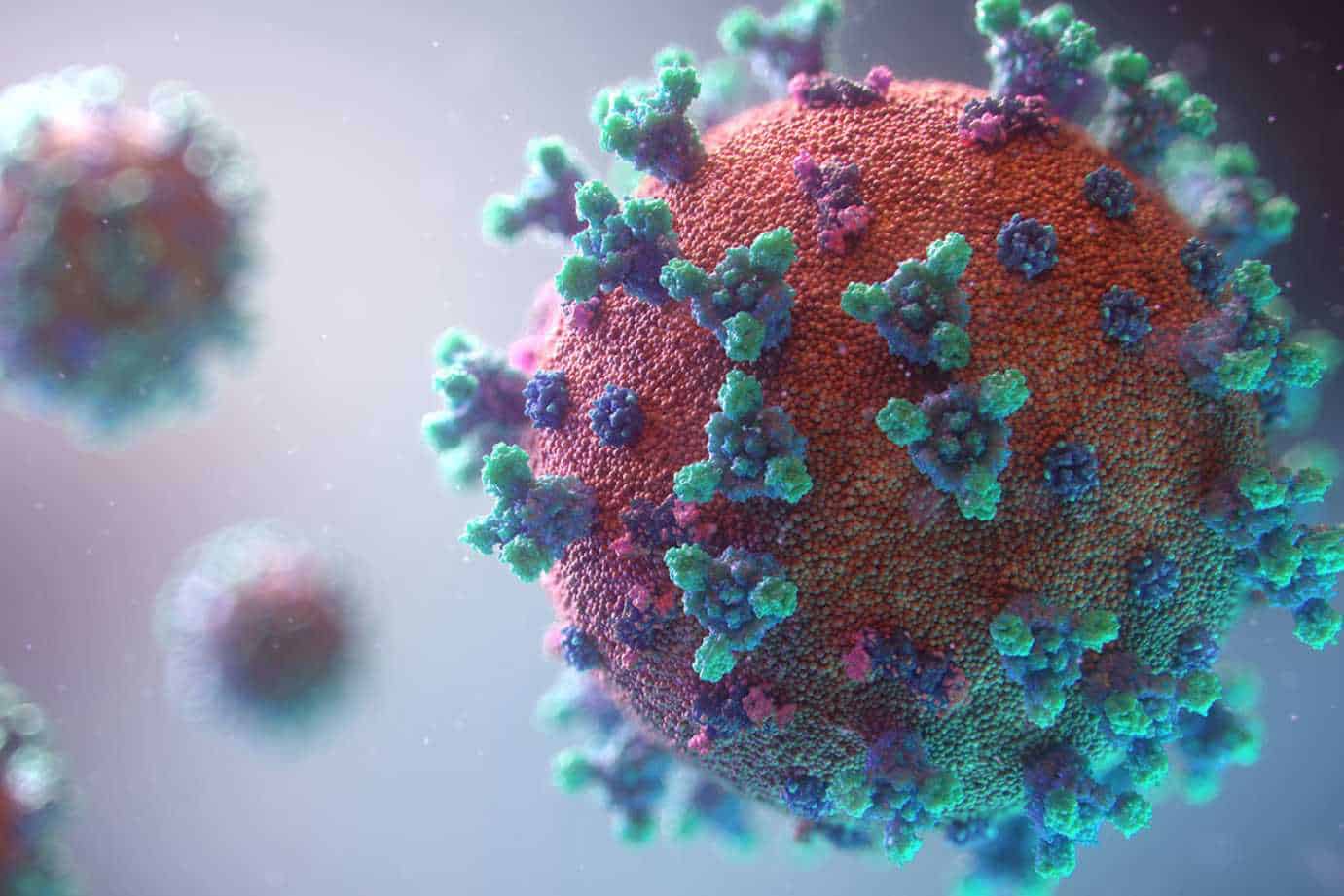
Vaccines are an essential part of the lives of all living things–humans and animals need to get vaccinated to protect them from different kinds of illnesses.
Vaccines serve as our immunization against potential deadly health risks. It is a necessity regardless of our age, gender, race, or whether it is for animals or us, humans.
Vaccine shots are given according to age and depending on the dosage of each shot. The idea of a vaccine is somewhat clever because often, the vaccine contains a portion of the weakened infectious disease that is known to be the antigen, an essential ingredient of the vaccine.
It helps train the host’s body to build immunity. If we get in direct contact with someone infected, the effect will not be severe.
Vaccination or immunization is the best prevention against any severe and fatal illnesses. Each vaccine is unique and is as essential as the other as they are also specified in which diseases it targets to immune you from.
Thus, make sure that just like you, you also get your pet rabbit gets its regular vet clinic visit, regular check-up, and a dose of immunization.
Do rabbits need vaccines?
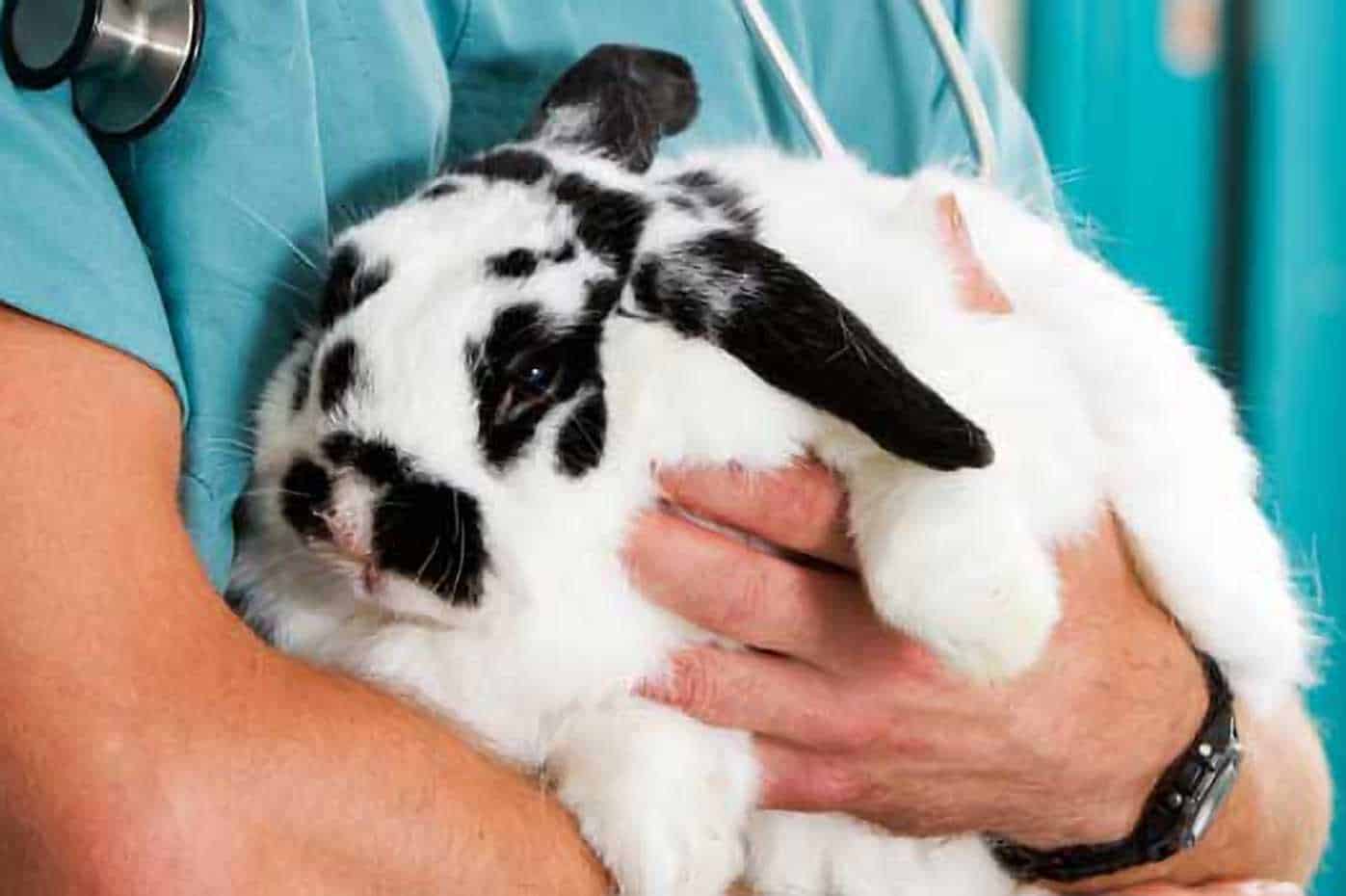
Again, we have established that all living things need to get vaccinated to be immune from severe and deadly diseases, including rabbits. There are two major diseases that usually hit rabbits, Myxomatosis and Viral Haemorrhagic disease.
In order to prevent your pet rabbits from occurring any conditions, it is necessary to have a proactive approach to taking care of their health and well-being. That is why, yes, rabbits need vaccines.
Once you have decided to get your pet rabbit vaccinated, make sure that the next time you visit and have them checked, ensure that you keep your pet’s vaccination record with you.
When should I get my rabbit vaccinated?
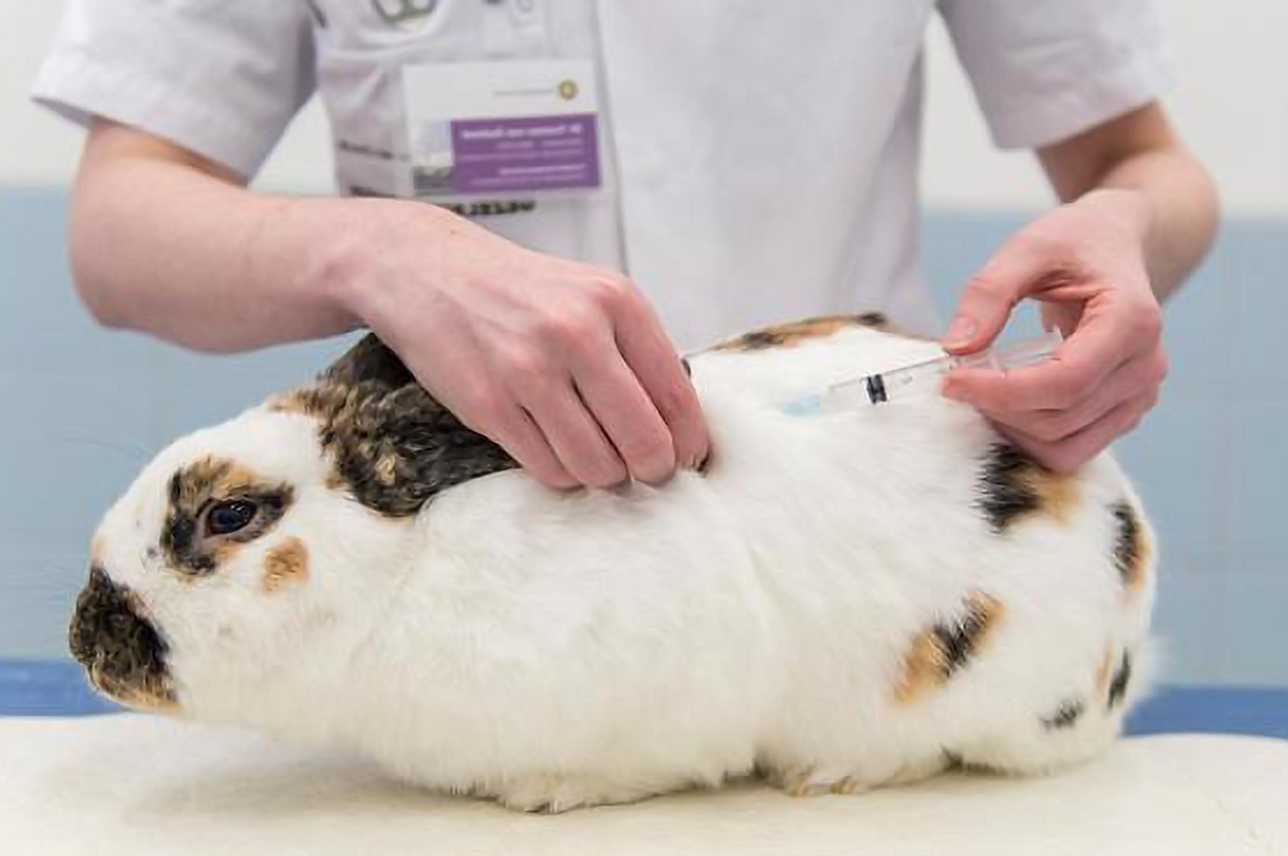
Similar to any other household pets a person can possibly have, rabbits too need to get checked and vaccinated. Make sure that you bring your pet regularly to a registered veterinarian.
Only professionals should vaccinate your precious pet to avoid any mistakes or problems that can cause its life.
Take a look at the table below for the schedule of vaccinations according to the rabbits’ age:
| Kitten | ● 4 weeks old
● 8 weeks old ● 12 weeks old ● Every 6 months |
| Adult Rabbit | ● Vaccination in between 10 up to 12 years old and a booster is necessary that should be given a month after
● 2 vaccinations at least 2 to 4 weeks interval ● Follow up vaccination every 6 months |
Side Effects of Vaccines for Rabbits
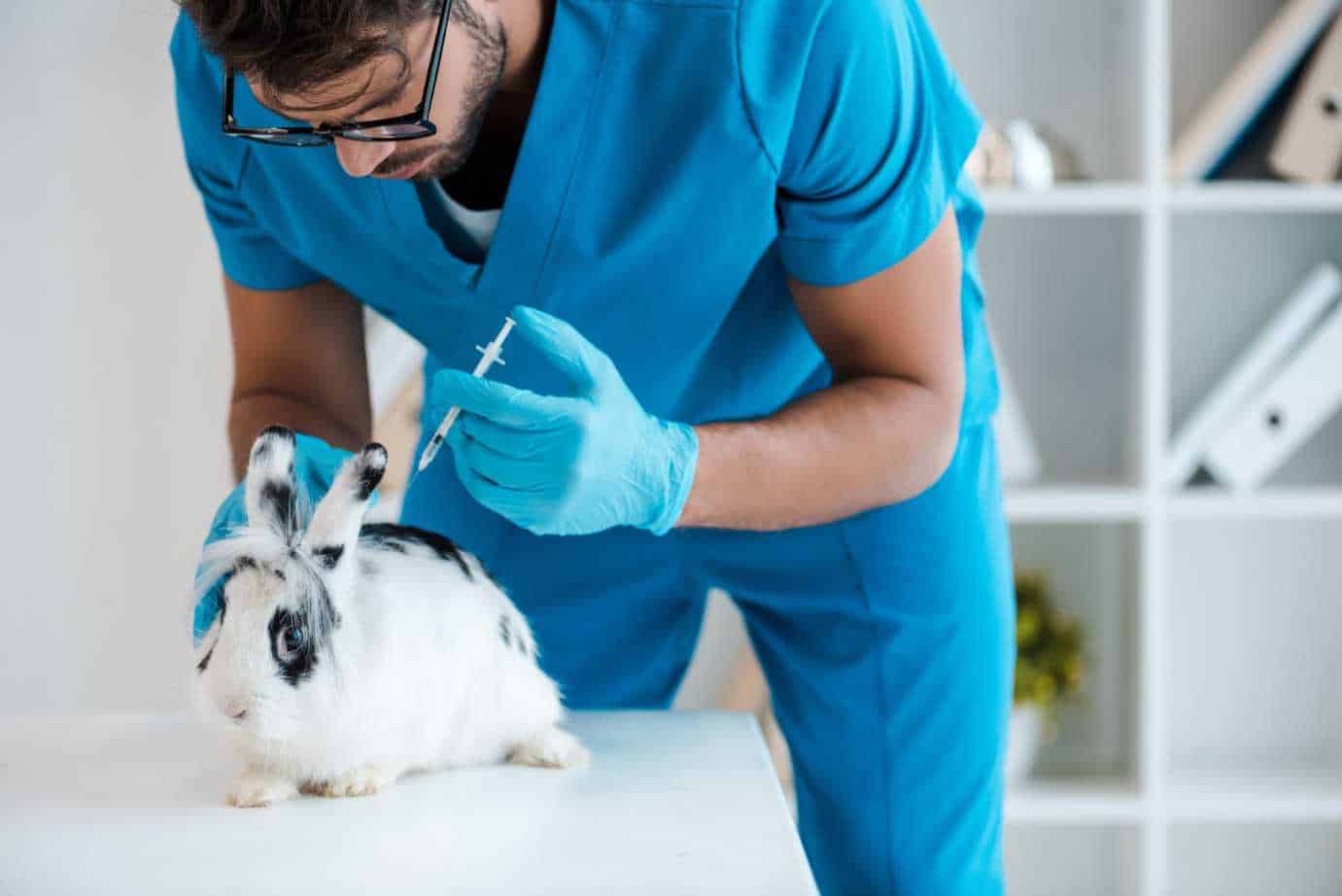
Just like humans, animals, including rabbits, get side effects every after shot. These small and cute creatures are not exempted from experiencing any side effects a few minutes or hours after the shot has been taken.
There are side effects that your rabbits may encounter:
- Rabbits tend to be tranquil and calm after the shot.
- Other times, rabbits lose their appetite. Hence, they can go on a day without eating a single meal for 12 up to 24 hours.
- Another common side effect that humans also encounter is the reaction of the vaccinated part of the body. It can be sore, highly irritated, swelling, or there is a feeling of heaviness, and worse is that the fur tends to fall out. Do not worry, though, because it will eventually grow its hair back.
- Your rabbit can also experience fever after it is vaccinated. This is a common side effect of the Myxomatosis vaccine, one of the safest vaccines for your pet rabbit.
Though, a rare but possible side effect is that it can be fatal. That is why it is crucial that you have your pet rabbit checked and vaccinated by a professional.
Even though there are a lot of potential side effects that your precious pet rabbit may encounter, it is still far greater than leaving them unvaccinated and having a high risk of acquiring the virus that can make you lose your pet’s life.
2 Common Rabbit Diseases
There are two common rabbit diseases that are considered deadly, which only affect the population of rabbits, Myxomatosis and Viral Hemorrhagic Disease.
These two diseases do not even have a treatment. That is why immunization plays a vital role in securing your pet rabbit’s health.
Myxomatosis
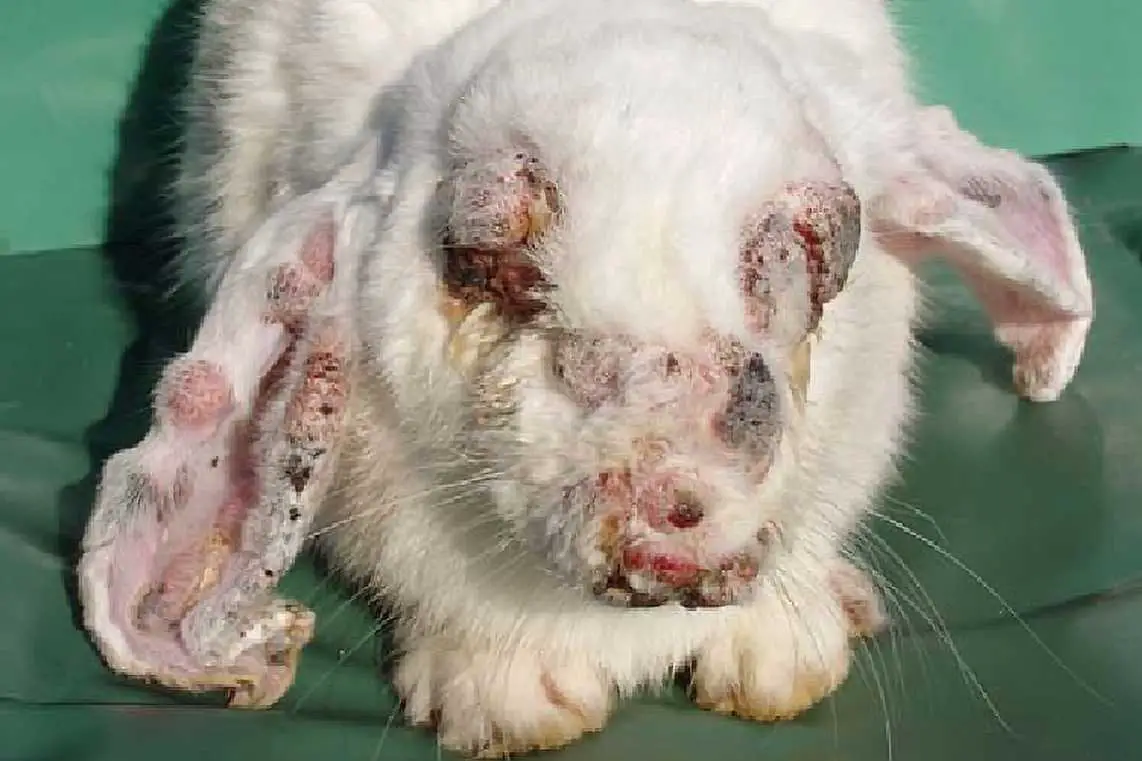
Myxomatosis is a deadly disease for rabbits, regardless if they are in the wild or a household pet. The myxoma virus is being spread by flies, fleas, mosquitos, and any other insects that have been in direct contact with an infected one.
Thus, wherever they may be, every rabbit is very susceptible to this disease. A few of the many symptoms of this disease are the intense swelling of the lips, genitals, as well as eyelids of the rabbit, which may eventually lead to Pneumonia.
HVD or HVD, also known as the Viral Haemorrhagic Disease
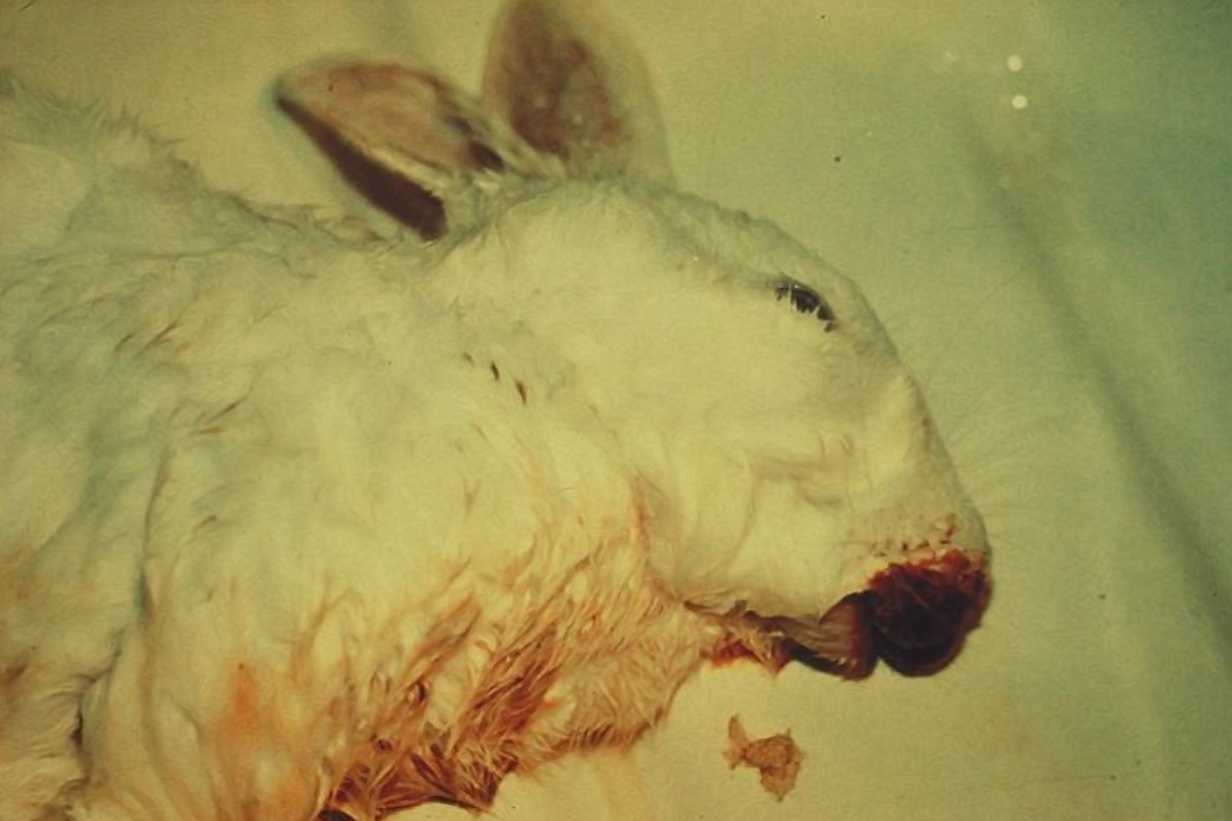
Similar to myxomatosis, Viral Haemorrhagic Disease is also contagious and deadly. This disease has two strains, VHD1 and VHD 2. It is incredibly infectious and can be directly transmitted from one rabbit to another, especially when they are in contact with each other.
Though, for pet rabbits, this disease may be transmitted when such clothing, equipment, and footwears are in contact with a rabbit that is or has been infected with the disease.
This disease is exceptionally fatal that prompts excessive bleeding from the host’s internal organs. Hence, the mind-blowing blood loss will also cause the rabbit to die.
Common symptoms of this disease that you may notice in an infected rabbit are anorexia, dullness and depression, convulsions, dyspnea, and a lot more.
6 Tips Care guides Cheat Sheet
As a responsible pet owner, it is your duty to know how to care for your pet rabbit properly. Listed below are the 6 tips to guide you:
Proper Diet
Rabbits belong to the group of mammals that are herbivores. Hence, they only eat fresh fruits and vegetables. At least 80% of their staple diet includes grass or hay.
Though, you may opt to provide them with at least 10% commercially made pellets as these also contain vitamins and minerals a rabbit needs to stay healthy.
Check if a rabbit suddenly lost its appetite
Rabbits are constant eaters. It looks like they are never full as you will always see them munching on their food. If you notice them losing their appetite or have not eaten within 12 hours, immediately bring it to the veterinary clinic to have it checked.
Most likely, it is feeling something that requires medical attention.
Hydrate always
Ensure that your pet rabbit is always hydrated. Thus, provide at least a bowl of water that they can drink anytime they feel thirsty.
Provide proper housing
If you plan to let your pet rabbit stay in your garden, make sure that they have a proper enclosure to keep them protected from any attacks by predators. In addition, provide them a shade, especially during daytime and noontime, as rabbits are prone to skin cancer.
Keep them away from toxic foods that may poison them
If you allow your pet rabbit to play in your backyard, make sure that it is regularly cleaned and that there is no presence of toxic foods, such as mushrooms, that may risk the health of your pet rabbit.
Bunny proof your house
If you have decided to let your pet rabbit stay inside your house, make sure that it is bunny-proofed. Again, rabbits always munch on something.
Thus, ensure that there are a lot of chew toys then can keep on chewing instead of the sofa, shelves, skirting boards, and electric tables.
Summary
Now that we have answered your question about “do rabbits need vaccines,” it is your role to educate your fellow rabbit owners about this vital information.
To be honest, not all rabbit-pet owners are aware that rabbits, too, need to get vaccinated, just like how you bring your dogs and cats to the veterinarian.